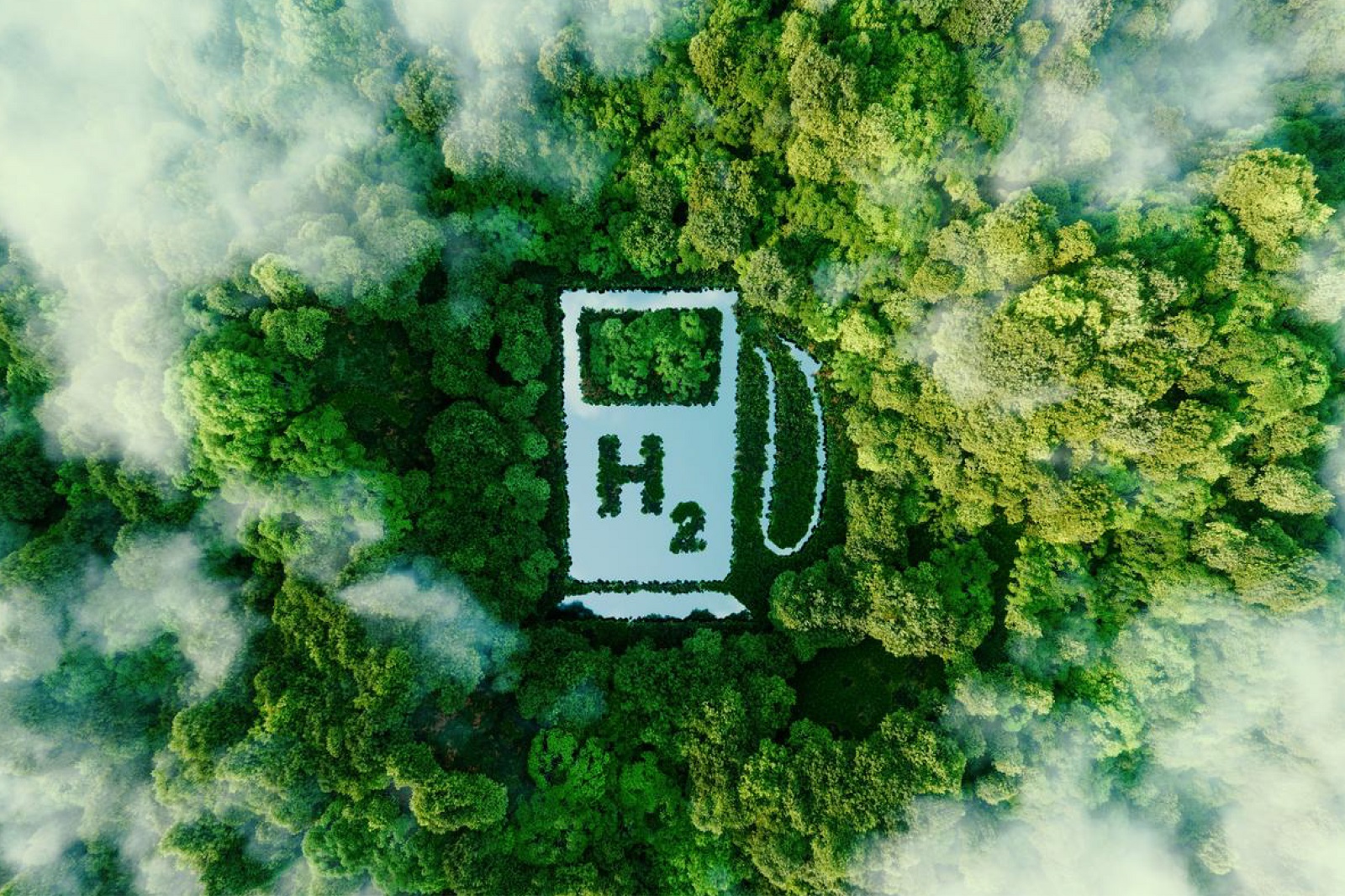Hydrogen has a long-standing relationship with energy, having been used to power the world’s first internal combustion engines more than two centuries ago, and has since become a key component of the modern refining industry. It is lightweight, stable, and strong, and does not emit any pollutants or greenhouse gases directly. However, in order to make a significant contribution to the transition to electricity, hydrogen must be adopted in sectors where it is almost absent, such as transport, buildings, and electricity technology.
The Future of Hydrogen offers an in-depth analysis of the current state of hydrogen, including how it can contribute to a simpler, safer, and more cost-effective electricity future, and how we can move closer to realizing its potential. As a result, hydrogen production is now a major business in the sector, with an annual CO2 emissions of approximately 830 million tonnes.
The number of countries that have policies in place to promote the use of hydrogen technology is increasing, as is the range of sectors they are targeting. There are currently more than 50 objectives, mandates and incentives in the region that directly focus on the use of hydrogen, with the majority of the focus being on transport. The current use of hydrogen is largely driven by enterprise, such as in the refining of oil, the production of ammonia, the production of methanol and the production of metallic fuels. Almost all of these fuels are derived from fossil fuels, meaning that there is a significant potential for reducing emissions from pure hydrogen.
In the shipping sector, the cost-effectiveness of hydrogen-powered gas cell motors is dependent on the availability of gas mobile charges as well as refueling points, while in the aviation sector, the focus is on reducing the additional cost of hydrogen.
Hydrogen will be incorporated into existing herbal gasoline networks in buildings, with the highest potential being in multifamily homes and business buildings, particularly in dense cities. Longer-term solutions should include the direct utilization of hydrogen in a hydrogen boiler or fuel cell.
In energy generation, hydrogen can be one of the most effective storage solutions for renewable power. In gasoline generators, hydrogen and ammonia can be used to enhance strength machine flexibility, and ammonia can also be used to reduce emissions from coal-fired power plants. Let’s see how hydrogen can help! It’s time to take advantage of the potential of hydrogen to play a vital role in the clean, comfortable and low-cost energy future. H2 can help solve many important power challenges H2 is versatile H2 can provide a good complement to renewables We’ve seen some false starts with hydrogen in the future This time could be different
In order to achieve a similar surge in momentum over the next ten years, it is essential to focus on four key opportunities. By building on current regulations, infrastructure and capabilities, these together can help to expand infrastructure development, increase investor confidence and reduce costs. These opportunities include exploiting existing business ports to provide access to lower-cost, carbon-efficient hydrogen, leveraging existing fuel infrastructure to promote new, easy-to-integrate hydrogen components, supporting shipping fleets, cargo and corridors to increase the aggressive nature of fuel-cell vehicles, and establishing primary delivery routes in order to initiate the global hydrogen transition.
Additionally, railroad companies are exploring the feasibility of integrating gas cells with hydrogen in the real world through testing and demonstration, as fuel cells provide a way to decarbonize transit by replacing diesel locomotes on longer routes with the same version of the same fueling depot as today’s diesel operations
Connect with us for further information about our products and services of hydrogen.





